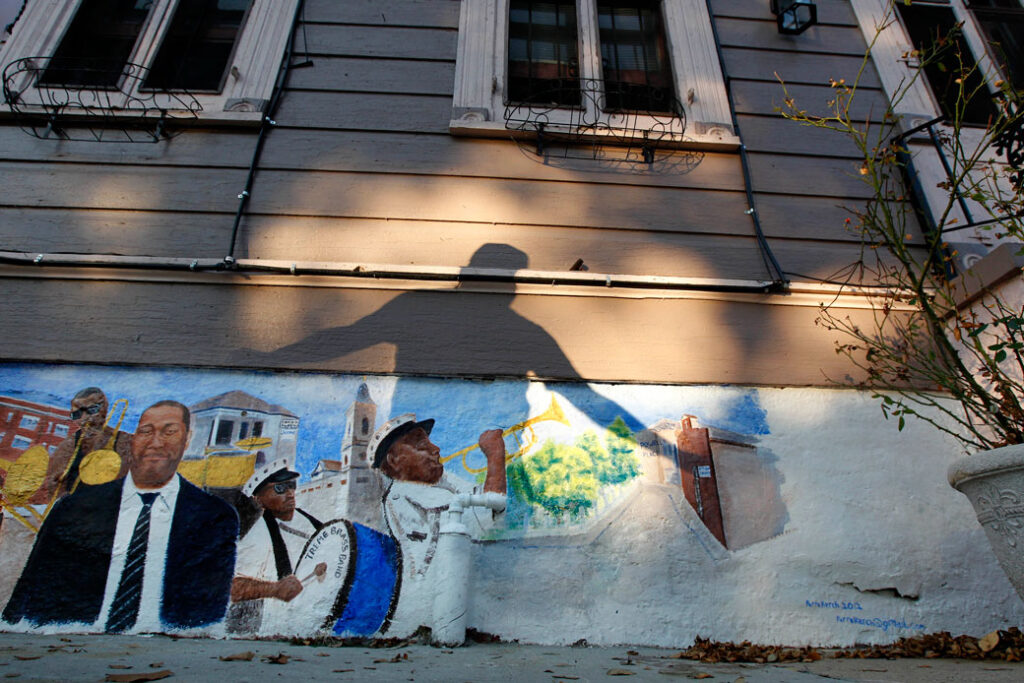Media and certain narratives often pit racial groups against each other on the issue of immigration. One popular idea holds that Black Americans oppose immigration on the grounds that immigrants—most of whom have come from Latin America or Asia since the 1960s—pose a labor threat, creating competition in hiring, depressing wages for native-born Americans, or otherwise contributing to poor outcomes for Black Americans. This narrative also holds that these immigrants are dangerous and increase crime in communities across the United States.
However, recent research shows this is not true. Increased immigration does not, in fact, negatively impact economies, and the presence of immigrants in communities leads to greater security and less crime. Similarly, the idea that Black Americans disapprove of immigration or of immigrant integration into the American social and political fabric does not hold up in the face of polling data. In the last decade, Black Americans’ views toward immigration and immigrants have been extremely positive overall, and in some ways have become more positive and welcoming than they were in the past. This trend is particularly striking when compared with the trends in views about immigration among other racial groups, such as Asian Americans. The generally pro-immigrant views of Black Americans also exceed those of white Americans.
Based on cross-sectional PRRI polling data from 2010 through 2021, Black Americans generally recognize that narratives about negative impacts of immigration are untrue, and their support for immigrants has tended to increase. On the whole, Black Americans’ attitudes toward immigrants are positive: Black Americans view immigrants as contributors to the health of American society and believe that immigrants should have opportunities to integrate fully. For example, PRRI’s 2021 American Values Survey found that two-thirds of Black Americans (67%) favor allowing undocumented immigrants brought as children to the U.S. to gain legal status. Further, PRRI data from 2020 saw 80% of Black Americans agree with the statement that immigrants are hardworking; 78% agreed that immigrants have strong family values, and only 26% agreed with the statement that immigrants increase crime. In 2020, even though 61% of Black Americans did agree that immigrants compete for jobs with American workers, the majority (53%) disagreed with the idea that immigrants burden local communities economically.
The importance of religion for shaping Black attitudes toward immigration is less clear. Despite the fact that a large majority of Black Americans identify with a religious group (89% of Black Americans, according to the U.S. Religious Landscape Survey in 2014), survey numbers are often too small for robust analyses of this type. However, as Leniece Titani-Smith has shown, a majority of Black Protestants (both mainline and evangelical) as well as Black Catholics believe that immigration benefits the nation, but Catholics are five times more likely to believe this, and this view is stronger among Black Protestants who attend church less often. This suggests that broader anti-immigrant sentiment that has infiltrated American Evangelicalism continues to make inroads among different racial and ethnic groups. Other data show that white evangelicals, mainline Protestants, and Catholics are the most opposed to immigration reform, Latino evangelicals are most in favor, and Black evangelicals are in between. These findings suggest that race and political leanings are more important than religion in shaping Black attitudes toward immigration. Both religious affiliation and frequency of church attendance also seem to have some correlation to attitudes about immigration, but more research is needed to examine specific connections.
Jane Hong, Laura Alexander, Karen Michalka and Luis Romero are members of the 2021-2022 cohort of PRRI Public Fellows.
